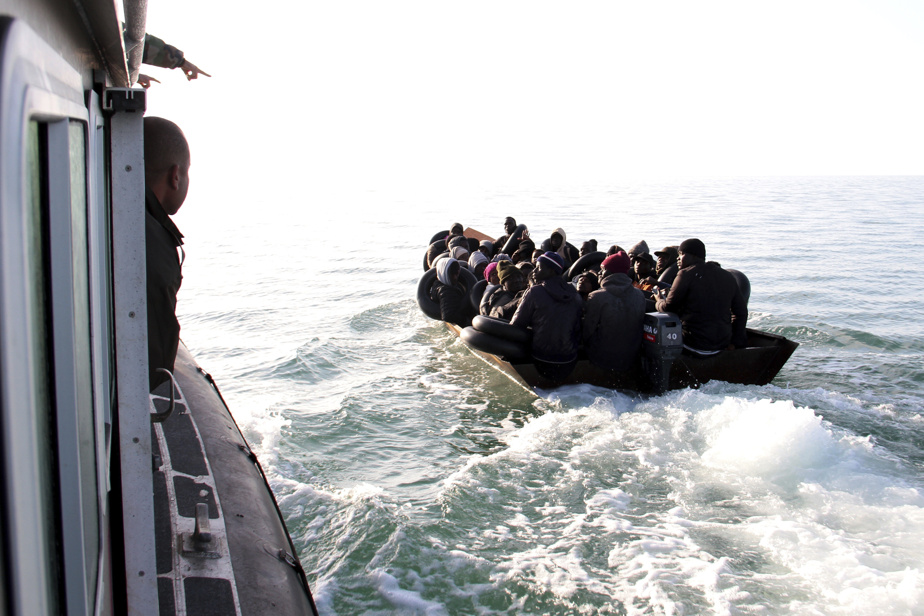(Sfax) The central morgue of Sfax, a Tunisian city from which many migrants have left since the beginning of the year, is overwhelmed by a large number of bodies after a series of shipwrecks, judicial sources told AFP and an NGO.
“On Tuesday, we had more than 200 bodies, well beyond the capacity of the hospital (Habib Bourguiba de Sfax, editor’s note), which creates a health problem,” Faouzi Masmoudi, spokesperson for the court of Sfax, said on Friday. Sfax, agglomeration of the center-east of one million inhabitants.
“We don’t know who they are or what shipwreck they came from and the number is growing,” he added.
According to him, “there are funerals almost every day to reduce the pressure on hospitals”. On April 20 alone, at least 30 people were buried. But “during Eid (April 21-23 Muslim holiday), many corpses were found.”
The deceased are buried after taking their DNA and assigning a number to each body to facilitate their possible identification by relatives, he said.
Mr. Masmoudi reported significant “difficulties” in finding a burial place for them, while noting “concerted efforts to bury them in the municipal cemeteries of Sfax”.
Since the beginning of the year, “on April 24, we counted more than 220 dead and missing, mostly from sub-Saharan Africa,” Romdhane Ben Amor of the Tunisian Rights Forum told AFP. Economics and Socials (FTDES), NGO specializing in migration.
According to the FTDES, “more than 78% of departures took place from the coasts of Sfax and Mahdia”.
Mr. Ben Amor recalls that the local authorities had committed last year “to create a special cemetery for migrants, on the grounds that they are not Muslims”, but that it is not yet ready, hence the problems in finding space for them.
The departure of African migrants from Tunisia intensified after a February 21 speech by President Kais Saied slamming illegal immigration and presenting it as a demographic threat to his country.
Tunisia, some of whose coasts are less than 150 km from Italy, is going through a serious political and economic crisis which is also pushing many Tunisians to try to reach Europe illegally by sea at the risk of their lives.

